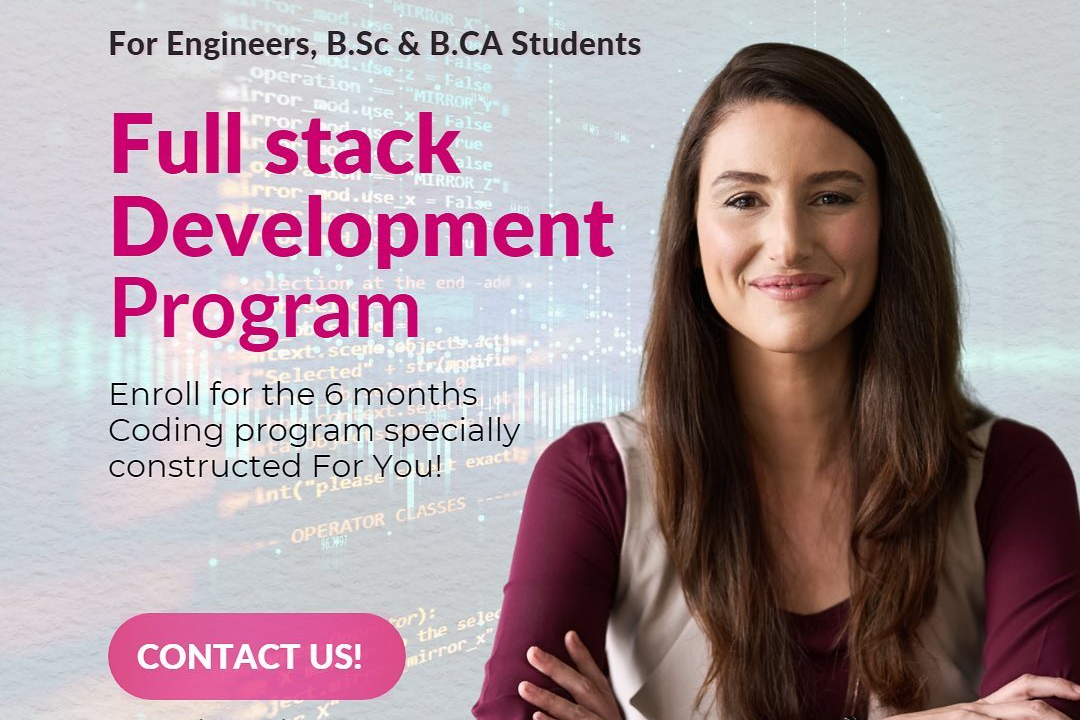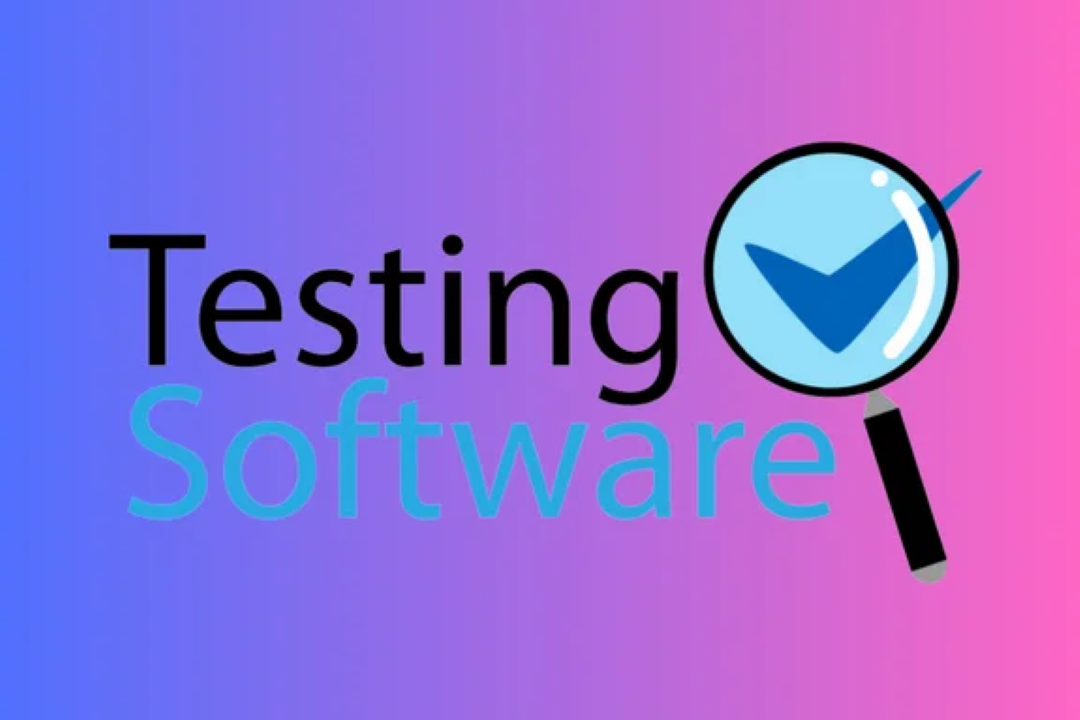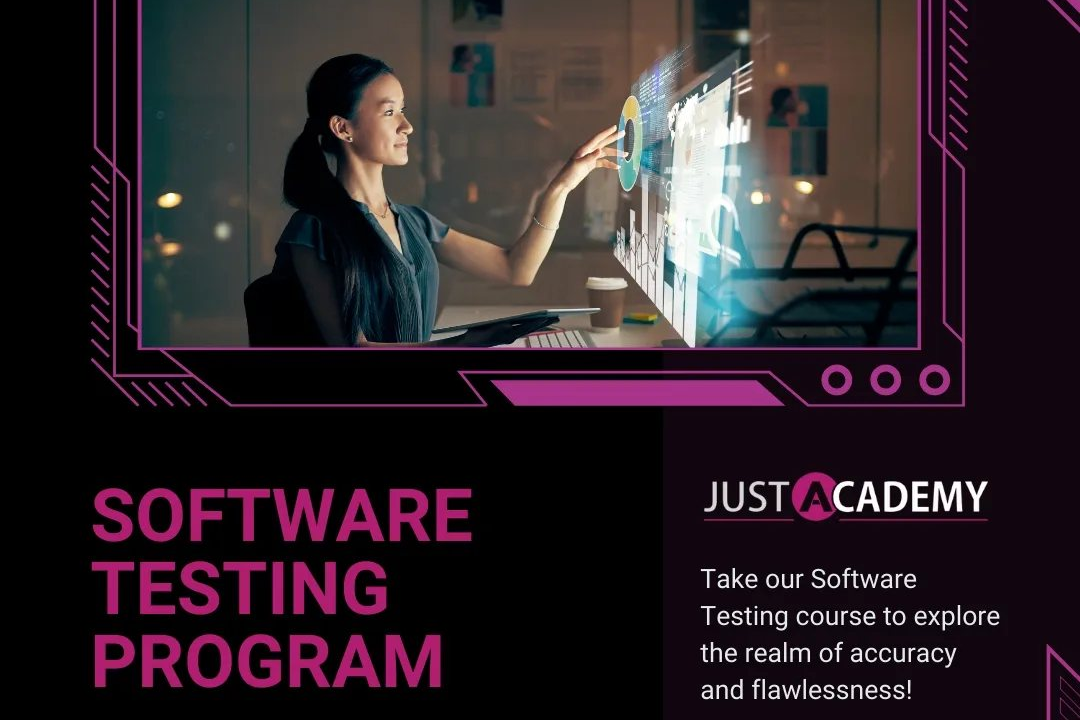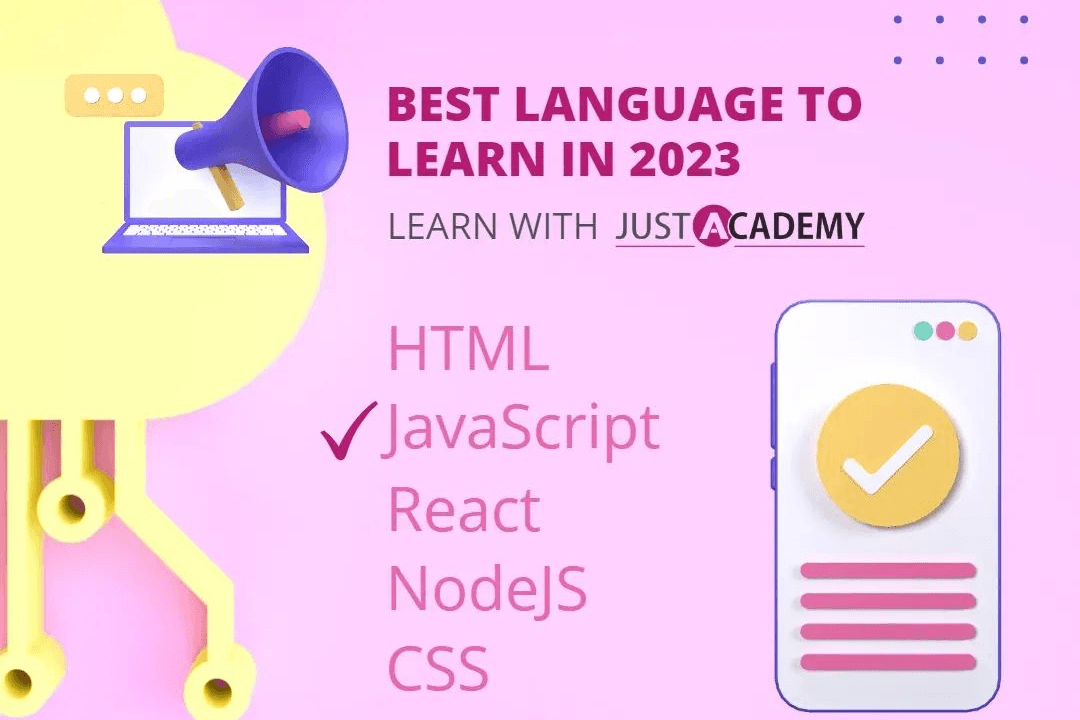Difference Between C C++ And Java In Tabular Form
differences among C, C++, and Java: a comparison in tabular form
Difference Between C C++ And Java In Tabular Form
C, C++, and Java are three popular programming languages with key differences in terms of syntax, features, and compatibility. In C, developers have more control over memory management and low-level operations, making it suitable for system programming. C++, on the other hand, is an extension of C and adds object-oriented programming features, making it more suitable for complex applications that require a mix of procedural and OOP approaches. Java, being a high-level language, is platform-independent and offers strong support for multi-threading, making it ideal for developing enterprise-level applications and web services. In summary, C is focused on procedural programming, C++ adds OOP features to C, and Java is a versatile language known for its platform independence and robust features for large-scale applications.
To Download Our Brochure: https://www.justacademy.co/download-brochure-for-free
Message us for more information: +91 9987184296
1 - Syntax | Procedural Programming | Procedural and Object Oriented Programming | Object Oriented Programming |
| 2) Pointers | Supports pointers | Supports pointers and references | Supports references, but not pointers |
| 3) Memory Management | Manual memory management | Manual memory management with the option for automatic garbage collection | Automatic memory management through garbage collection |
| 4) Inheritance | Does not support | Supports single and multiple inheritance | Supports single and multiple inheritance, but does not support multiple inheritance with classes |
| 5) Polymorphism | Limited support for polymorphism | Supports polymorphism through virtual functions | Supports polymorphism through interfaces and subclasses |
| 6) Standard Library | Basic standard library | Rich standard library with STL (Standard Template Library) | Robust standard library with built in features for networking, database access, etc. |
| 7) Exception Handling | No built in support for exception handling | Supports exception handling using try catch blocks | Built in support for exception handling with try catch blocks |
| 8) Platform Independence | Platform dependent code | Platform independent code using preprocessor directives such as #ifdef | Write once, run anywhere principle with Java Virtual Machine (JVM) |
| 9) Compilation | Compiled language | Compiled language that supports both procedural and object oriented programming | Interpreted language that uses bytecode and Just In Time (JIT) compilation |
| 10) Popularity | Widely used in system programming and embedded systems | Widely used in software development for Windows application, system software, and game development | Widely used for web development, enterprise applications, and mobile app development |
Offering a training program to students in C, C++, and Java would provide them with a strong foundation in programming and enable them to develop a diverse set of skills suitable for various industries. Students would learn the differences in syntax, memory management, OOP concepts, and more among these popular programming languages.
Browse our course links : https://www.justacademy.co/all-courses
To Join our FREE DEMO Session: Click Here
Contact Us for more info:
- Message us on Whatsapp: +91 9987184296
- Email id: info@justacademy.co
1 Year Experienced Java Developer Interview Questions And Answers
Cracking The Coding Interview Python
Aws Interview Questions For 3 Years Experience












